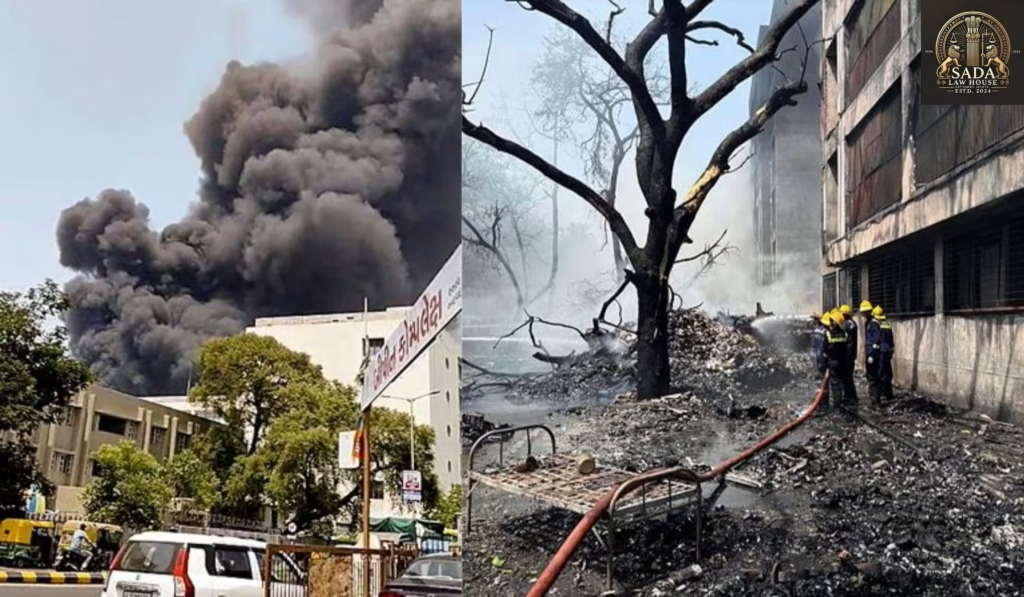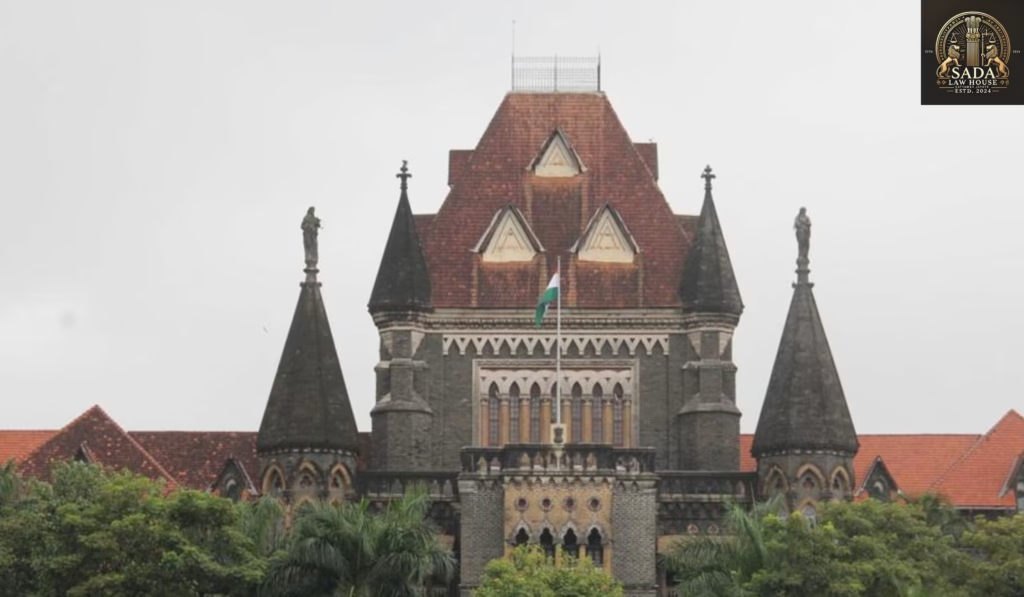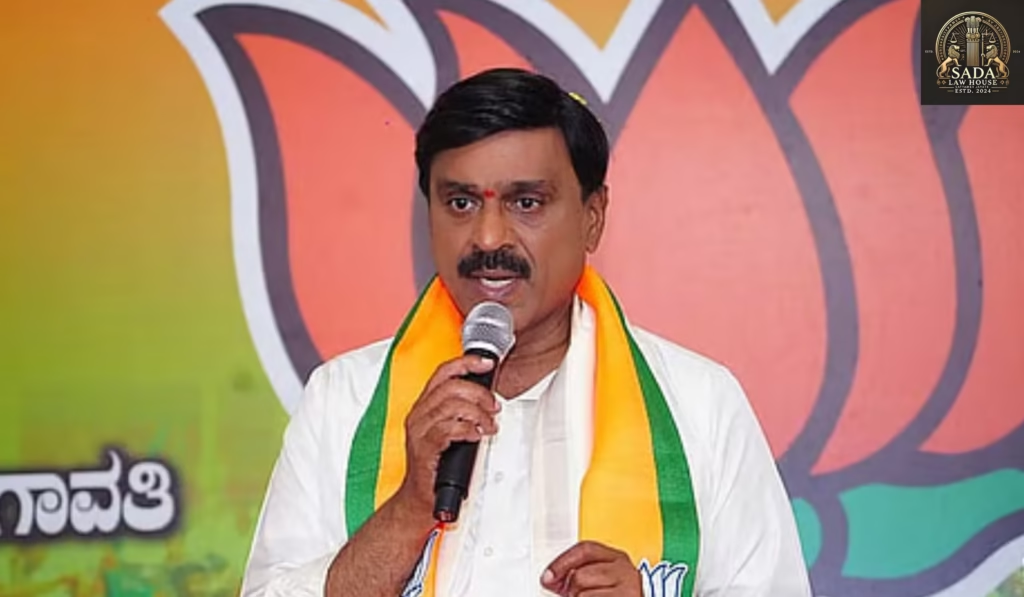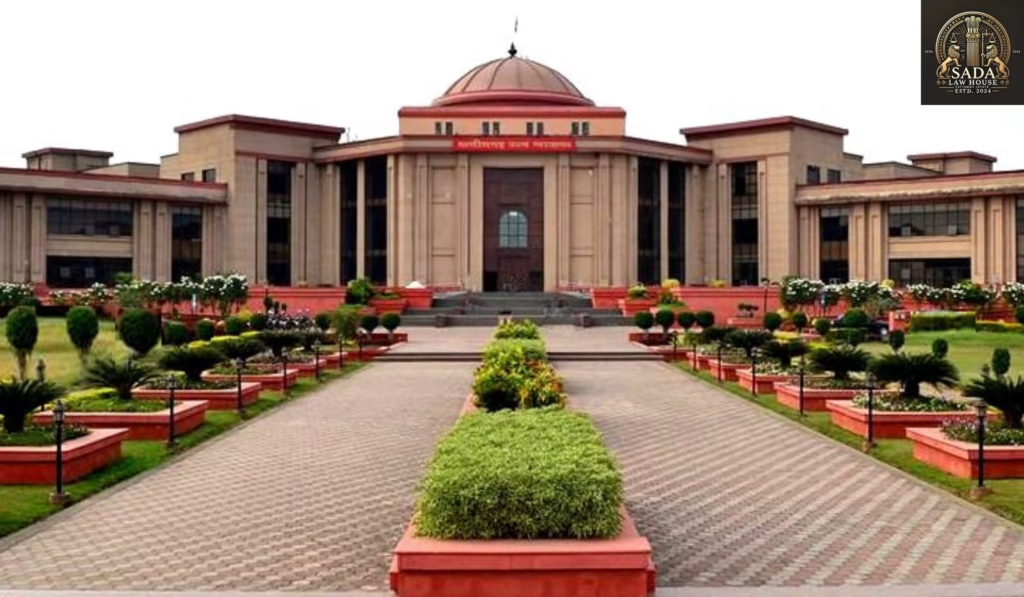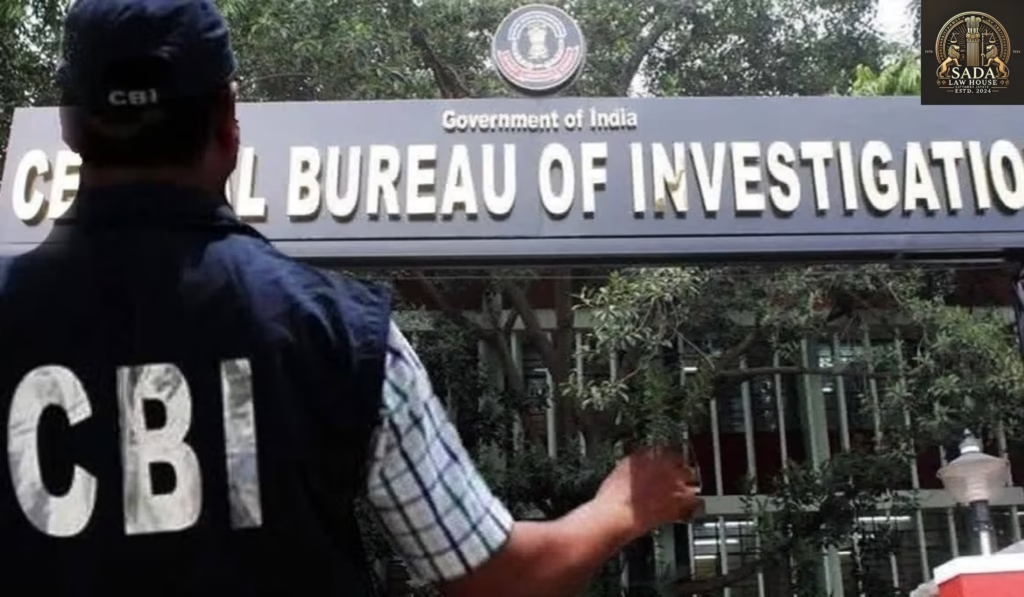Air India Flight AI171 Crash: 265 Dead, 1 Survivor in Ahmedabad Tragedy Involving Boeing 787
Trending Today Air India Flight AI171 Crash: 265 Dead, 1 Survivor in Ahmedabad Tragedy Involving Boeing 787 LEGAL INTERNSHIP OPPORTUNITY AT ADITI MOHONI LEGAL JOB OPPORTUNITY AT INDIAMART LEGAL INTERNSHIP OPPORTUNITY AT SHURUWAT FOUNDATION CALL FOR PAPERS BY JAI JAGAT SUMMIT INTERNSHIP OPPORTUNITY AT CHAMBERS OF SUSHANT SINGH ADV. LEGAL INTERNSHIP OPPORTUNITY AT LEGAL SOLUTIONS INTERNSHIP OPPORTUNITY AT KMJ LEGAL Karnataka High Court Upholds POCSO Case Against IISc Professor, Orders Fast-Tracked Trial Bombay High Court Allows 10% Maratha Reservation for 2025, Final Verdict Pending Air India Flight AI171 Crash: 265 Dead, 1 Survivor in Ahmedabad Tragedy Involving Boeing 787 PRABHAT KUMAR BILTORIA 15 June 2025 A devastating Air India crash of Flight AI171 near Ahmedabad leaves 265 dead and only one survivor. Get full details, rescue efforts, government response, and investigation updates in this comprehensive report. Air India Flight AI171 Crash: 265 Dead, 1 Survivor in Ahmedabad Tragedy A tragic aviation disaster occurred on 12 June 2025 when an Air India flight en route to London crashed shortly after takeoff from Ahmedabad Airport. The Boeing 787-8 Dreamliner crashed into a medical college dormitory, killing at least 265 people and leaving only one survivor. Location and Circumstances of the Crash Flight AI171 crashed into the densely populated Meghaninagar area shortly after takeoff, heading toward Gatwick Airport. Bystander videos revealed the aircraft struggling to gain altitude before turning into a fireball. Passenger and Crew Details The aircraft carried 230 passengers and 12 crew members. The nationalities included 169 Indians, 53 British, 7 Portuguese, and 1 Canadian. Former Gujarat Chief Minister Vijay Rupani was among the deceased. The sole survivor, Vishwaskumar Ramesh (seat 11A), is receiving treatment at Ahmedabad Civil Hospital. Ground Casualties and Rescue Operations The crash killed several individuals on the ground as the plane struck a dormitory during lunchtime. Emergency response included fire brigades, the National Disaster Response Force (NDRF), CISF, and the Indian Army. Rescue workers reported that the explosion of over 125,000 liters of jet fuel caused temperatures to soar to 1,000°C, making survival nearly impossible. Government and Political Response Prime Minister Narendra Modi visited the site on 13 June to assess the damage and support ongoing efforts. He directed K. Rammohan Naidu, the Minister of Civil Aviation, to oversee relief operations. Amit Shah, Union Home Minister, described the crash as “impossible to survive” due to the intense heat and destruction. Investigation and Technical Analysis The Directorate General of Civil Aviation (DGCA) confirmed that the aircraft issued a Mayday call before losing contact. A formal probe has been launched by the Aircraft Accident Investigation Bureau following ICAO protocols. This marks the first crash involving a Boeing 787 Dreamliner since its introduction in 2011. Kelly Ortberg, CEO of Boeing, announced the deployment of a technical team to assist investigators. International Reactions and Support UK Prime Minister Keir Starmer stated that the British Foreign Secretary is coordinating with Indian officials. US President Donald Trump offered condolences and pledged full support to India, saying, “Anything we can do, we will do.” Compensation and Support from Air India and Tata Group The Tata Group, parent company of Air India, announced ₹1 crore in compensation for each family of the deceased, full medical cost coverage for the injured, and reconstruction aid for the damaged medical infrastructure. Leave a Reply Cancel Reply Logged in as Sada Law. Edit your profile. Log out? Required fields are marked * Message* Live Cases Air India Flight AI171 Crash: 265 Dead, 1 Survivor in Ahmedabad Tragedy Involving Boeing 787 Sada Law • June 15, 2025 • Live cases • No Comments Karnataka High Court Upholds POCSO Case Against IISc Professor, Orders Fast-Tracked Trial Sada Law • June 14, 2025 • Live cases • No Comments Bombay High Court Allows 10% Maratha Reservation for 2025, Final Verdict Pending Sada Law • June 14, 2025 • Live cases • No Comments 1 2 3 … 5 Next »

